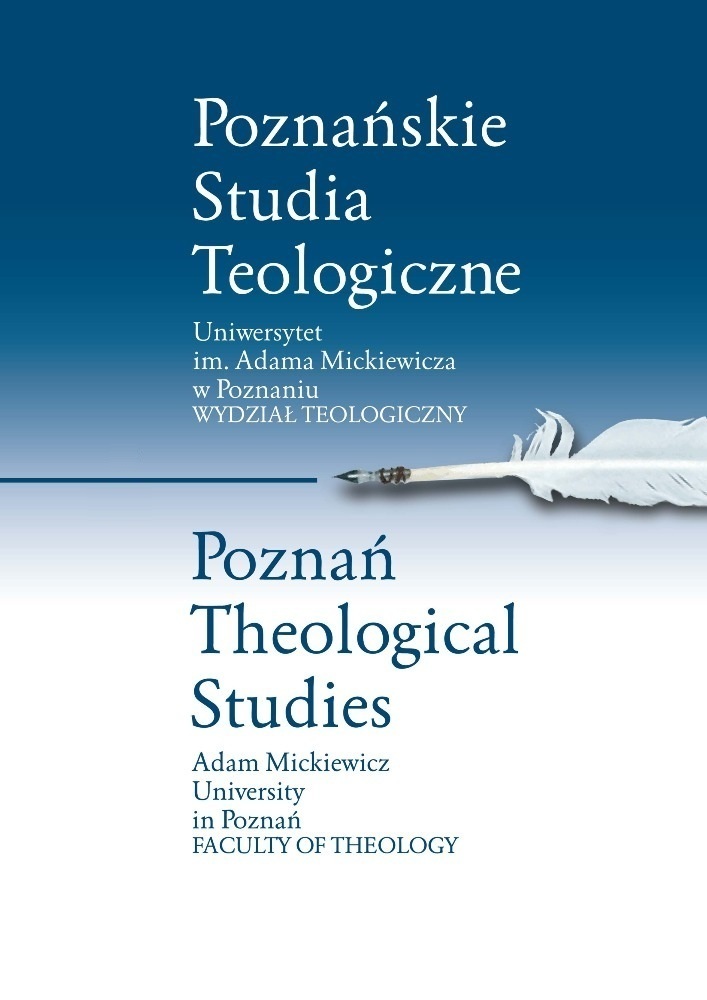Résumé
The author proposes an interpretation of the pericope of Matt 1,18-25 that emphasizes some Mariological aspects in the context of the first canonical Gospel.The author attests to the fact that the virgin birth of Mary is not given any special justification in Matt 1,18-25 nor is it an object of any special theological reflection because the pericope in question (Matt 1,18-25) is a self-contained narrative in which St. Matthew depicts the birth of Jesus as an exceptional event in the economy of salvation. And he does so for two reasons: because the virgin birth itself as well as the whole presented event (cf. Matt 1,22) is a fulfillment of the Old Testament prophecy of Is 7,14 (cf. Matt 1,22b-23) and because the fact that Mary conceived by the power of the Holy Spirit becomes a logical ground for acknowledging Jesus as the Son of God. Nevertheless, the Evangelist also allows for the Mariological theme in a very special way.
The author of the article reaches a number of crucial Mariological conclusions which are the guiding ideas of his research, i.e. that in Matt 1,18-25 Mary is portrayed even more expressively than in the pericope presenting the genealogy of Jesus (Matt 1,1-17 especially Matt 1,16). St. Matthew depicts Mary as a remarkable person, very significant in the fulfillment of God’s plan of saving humanity. Mary plays an invaluable role in the pericope of Matt 1,18-25. Since the times of the prophet Isaiah she was the chosen Virgin who would give birth to the Emmanuel. Thus, she can be described as a mediator of God’s actions in His plan of saving all humanity. But in Matt 1,18-25 St. Matthew does not mention any personal deeds of Mary.
The author attests to the fact that Mary is the virgin and immaculate Mother of Jesus, the Messiah, the Christ, Son of David and Son of God. This leads to a conclusion that Mary is the Mother of the Emmanuel. And because her motherhood is the result of the Holy Spirit’s action (Matt 1,18.20) the Church owes to her the Master, the Son of God who stands by the Church “always, [even] unto the end of the world” (Matt 28,20).Keywords
Licence
Copyright
© 2013 Uniwersytet im. Adama Mickiewicza w Poznaniu, Wydawnictwo Naukowe UAM, Poznań
OPEN ACCESS
